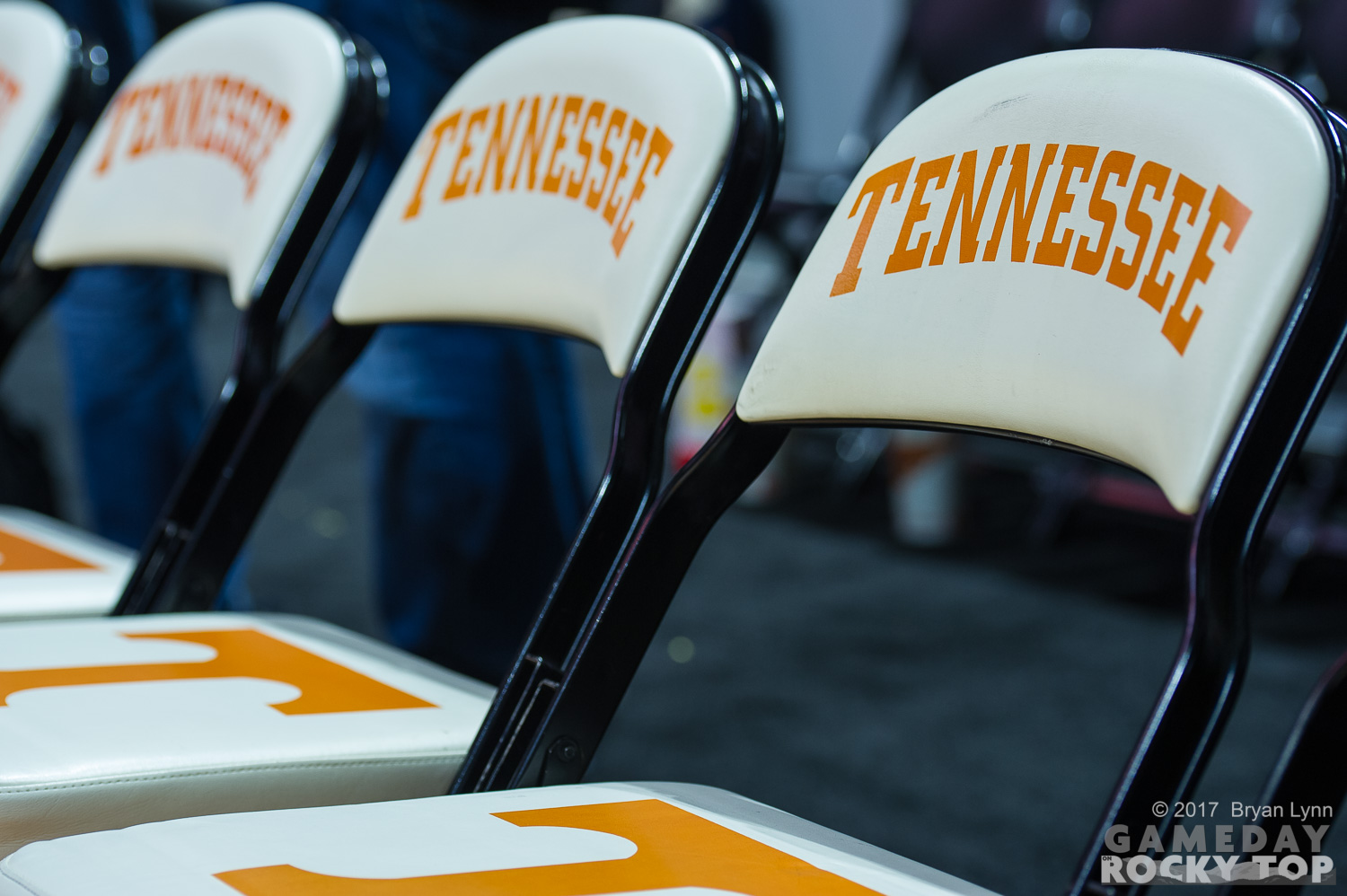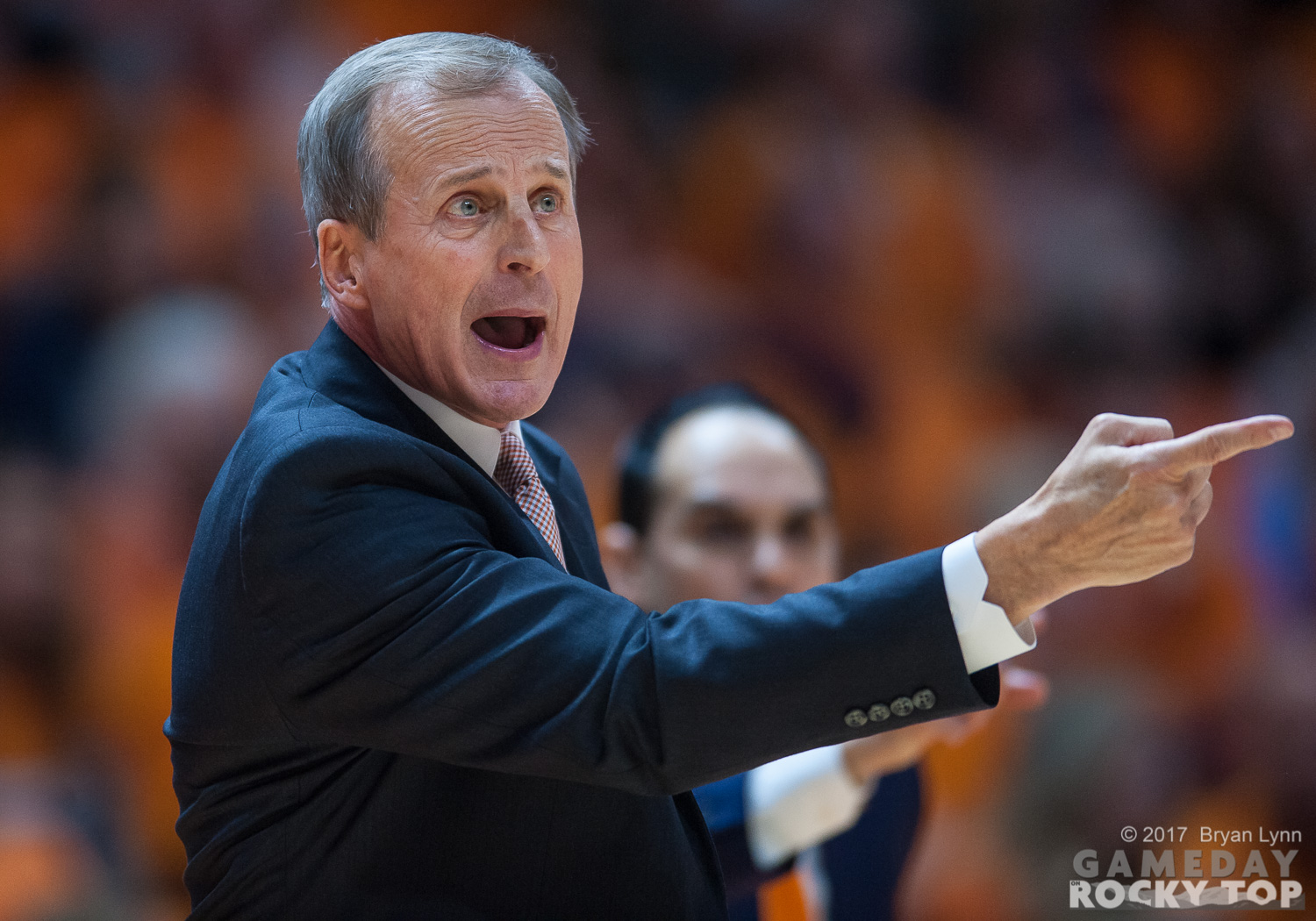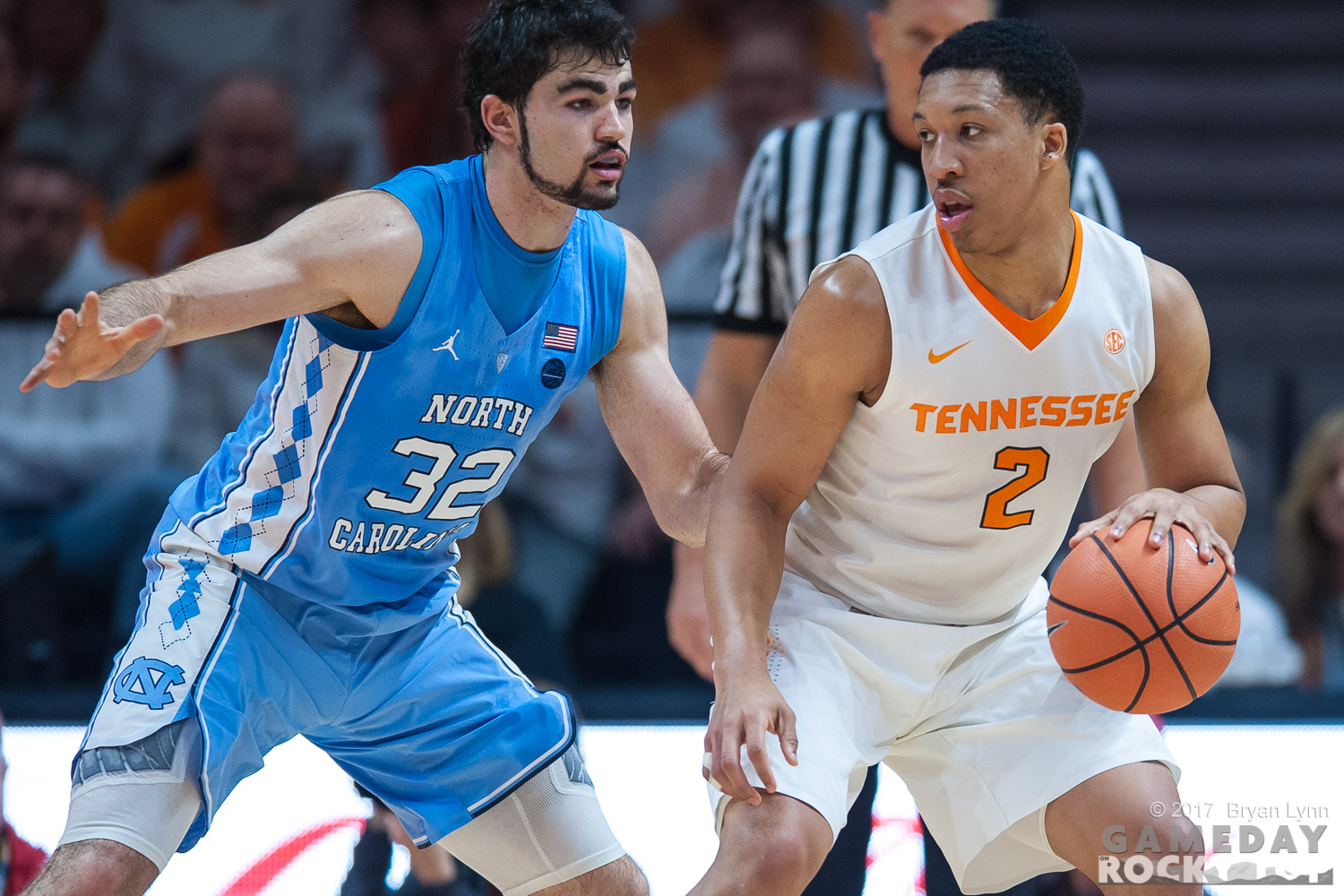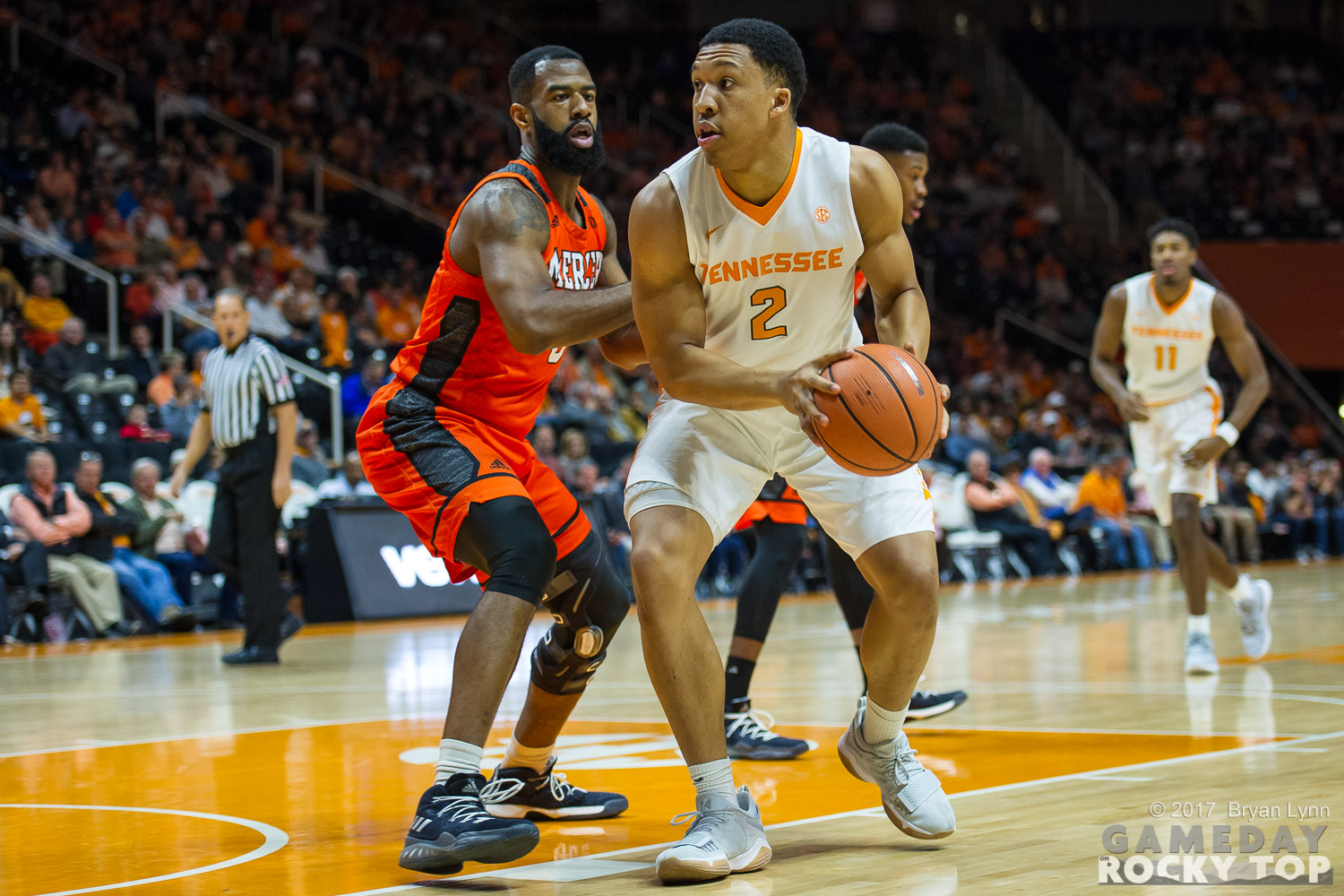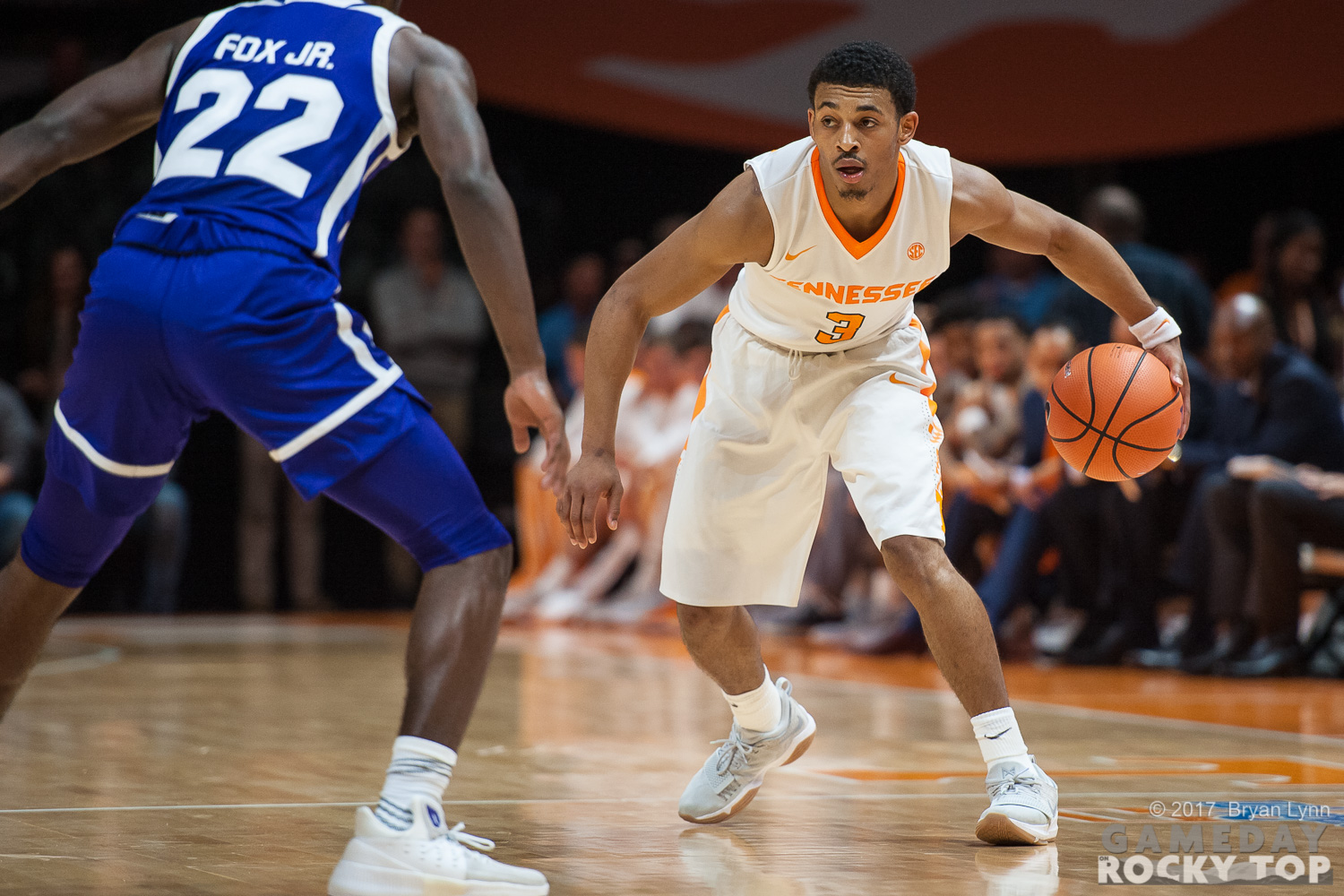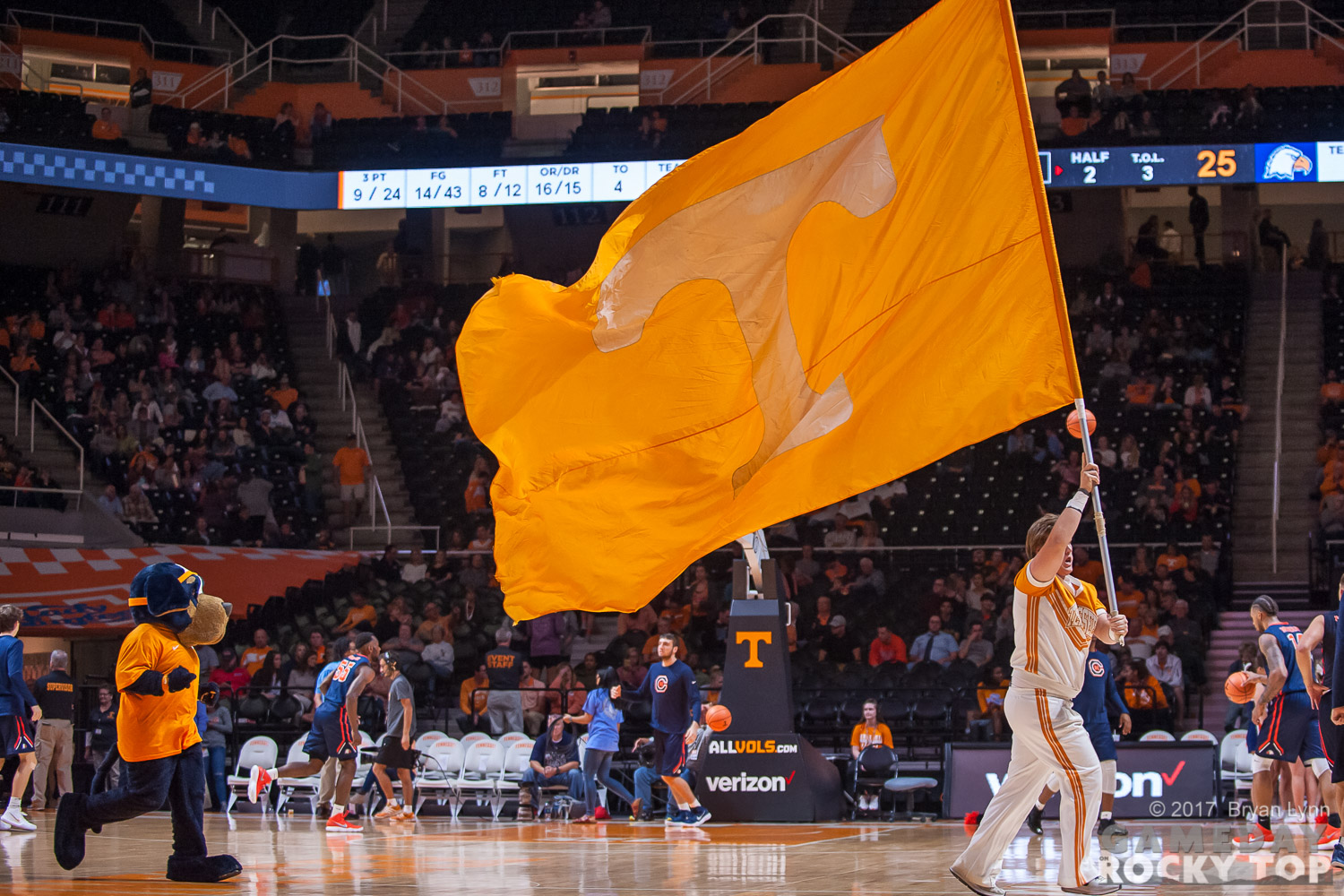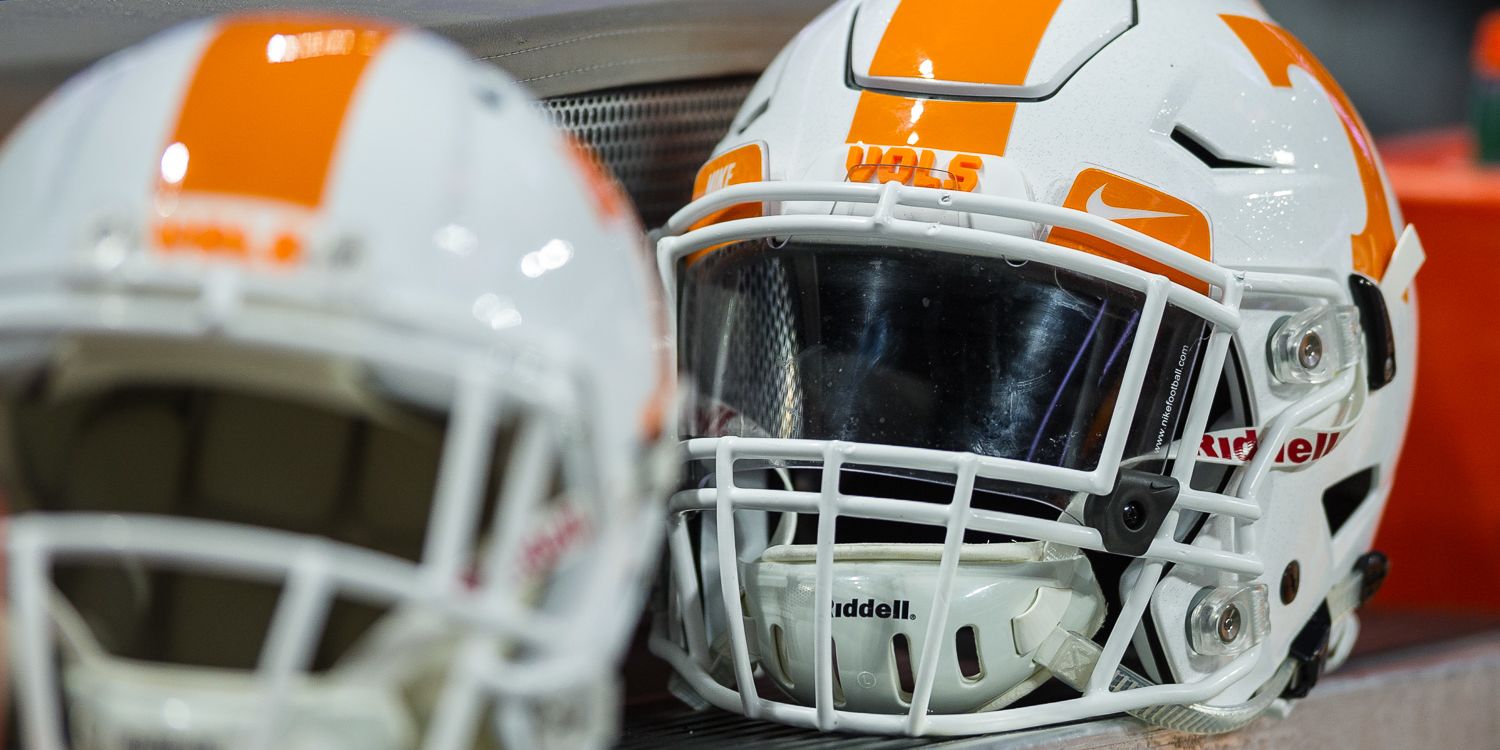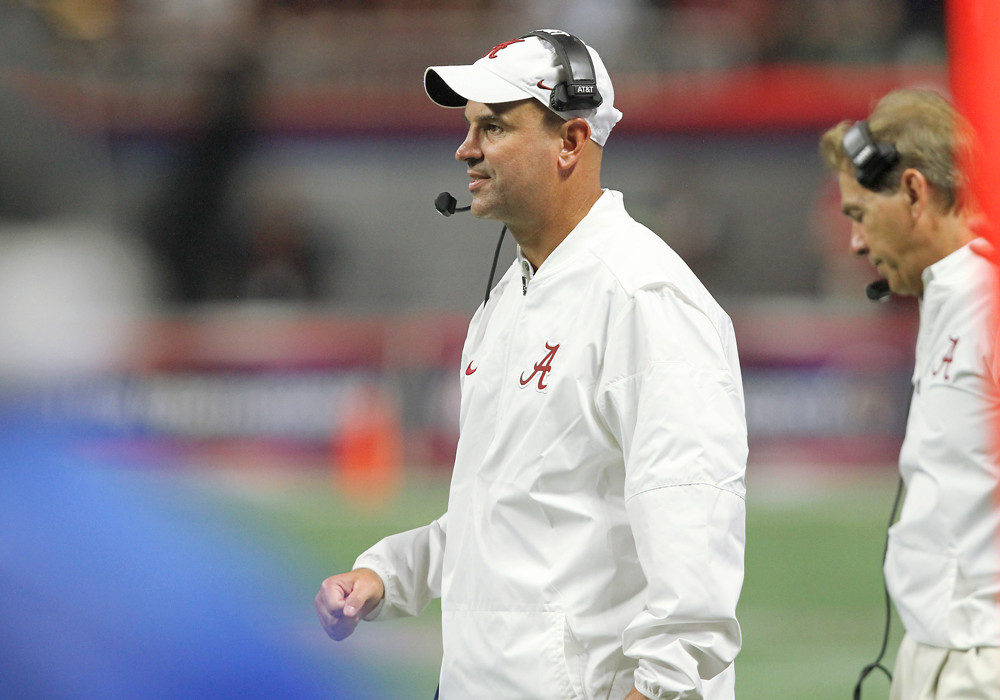I’ve already been wrong about Jeremy Pruitt once. Fourteen months ago, #9 Tennessee and #1 Alabama played the highest-ranked Third Saturday in October ever. The Vols had just dropped 684 yards on Texas A&M, and touched up Georgia’s defenses for 920 yards and 70 points in their last two meetings with Pruitt. Despite a number of injuries against the Aggies, I thought the Vols would beat Alabama and continue their magical season, based largely on what I thought Tennessee’s offense would do against Alabama’s defense.
Instead, most of those injured players didn’t return, and Alabama held Tennessee to 163 yards and 2.59 yards per play. It was the worst yards per play performance by a Tennessee offense in the last ten years…until we played Alabama this year, and got 2.35.
The magic ran out for Tennessee on that October day in 2016, and indeed for Butch Jones too. It peaked between the hedges two weeks earlier and at least a dozen narratives ago. After starting 5-0 last year, the Vols are 8-12 in their last 20 games. And the team on the other end of that hail mary looks mighty fine today.
What’s behind the emphasis on defense and discipline?
I’m sure Kirby Smart’s success made all three of Tennessee’s finalists more appealing; Georgia’s head coach would have no doubt been mentioned in the press conference as an example of what could be had the Vols hired Kevin Steele or Mel Tucker, and you can expect to hear it when they’re introducing Jeremy Pruitt. But I wonder if something else was in Tennessee’s motivation to lean in that direction – it was John Currie’s first choice too with Greg Schiano – and not, we know now, because Tee Martin was guaranteed to come in on the offensive side of the ball.
Coaching hires are indeed pendulum swings, so it makes sense to hire a defensive coach after five years of the Butch Jones offense. But the more pressing need (and the more apparent one to those behind the scenes, perhaps) may have been discipline and roster management. How many talented players in significant roles failed to finish their careers at Tennessee under the previous administration? It wasn’t just the weirdness of Jalen Hurd’s story. There’s a long list from Marquez North to Jauan Jennings.
Butch Jones knew how to recruit elite talent, but coaching it and keeping it were not his strong suits. This was an unchecked box for some candidates as well, but having spent the last five years as the defensive coordinator at Florida State, Georgia, and Alabama, it does not appear to be an issue for Jeremy Pruitt.
Are we better off?
The default position for Tennessee fans will be, “Yes.” And I might agree even if I wasn’t one.
Moving on from an athletic director who was so out of touch with both football and the fan base that Greg Schiano was his go-to choice, then replacing him with Phillip Fulmer? That still feels like a win on its own. Is Tennessee better off with Fulmer and Jeremy Pruitt than they would have been with Currie and Mike Leach? I don’t know how that answer will play itself out on fall Saturdays in the near future. But considering Leach was the emergency option for Currie only after missing on Dave Doeren? I would still take Pruitt and Fulmer’s leadership.
I remain hopeful Tennessee’s revolt against the Schiano pick and the resulting power shift will be a good thing long-term. In the short-term, Pruitt is as good as Tennessee and Fulmer had any right to do after this crazy set of days.
A ceiling hire
There are no sure things in this business, and throwing money at the problem is no guarantee. Florida State, one of the few jobs clearly better than ours even when we are at our best, just hired a coach who was in the third tier of many of our initial hot boards. And they hired him in a hurry. Some Tennessee fans better hope they were right about Dan Mullen.
However, even unable to lure a proven winner, even after a fan uprising and a change in athletic director, and even after the worst season in program history…Tennessee still made a ceiling hire. And I’m very impressed with this.
The Vols could have taken the safe option and hired Les Miles, or the easy option and hired Tee Martin. Both would have been very well received initially and sold their fair share of tickets. But the Vols, despite everything, still made a hire with their eyes on the biggest prize. Credit Fulmer, who would know about such things.
To be clear, there are risks. It might be that Jeremy Pruitt is an excellent defensive coordinator and a lousy head coach. We don’t know. Butch Jones had a higher floor (or so we all thought at the time). But Pruitt has a higher ceiling than both Jones and Derek Dooley on the day they took this job. And he probably has a higher ceiling than Les Miles in 2017.
This search was a mess. It will take time to fully digest, and it will stay in the news, and not just because of lawyers. If Pruitt struggles early or often, Tennessee fans will get some of the blame. That narrative is already alive and well and will be convenient for some in the national media to return to. The same unity that sparked all of this will be necessary in the months ahead.
But at the search’s end, Tennessee still hired a coach it believes can win the biggest prize here. I’m not sure they could say that with a straight face at the last two press conferences. And since it will be Fulmer’s face this time, there’s all the more reason to believe it.
